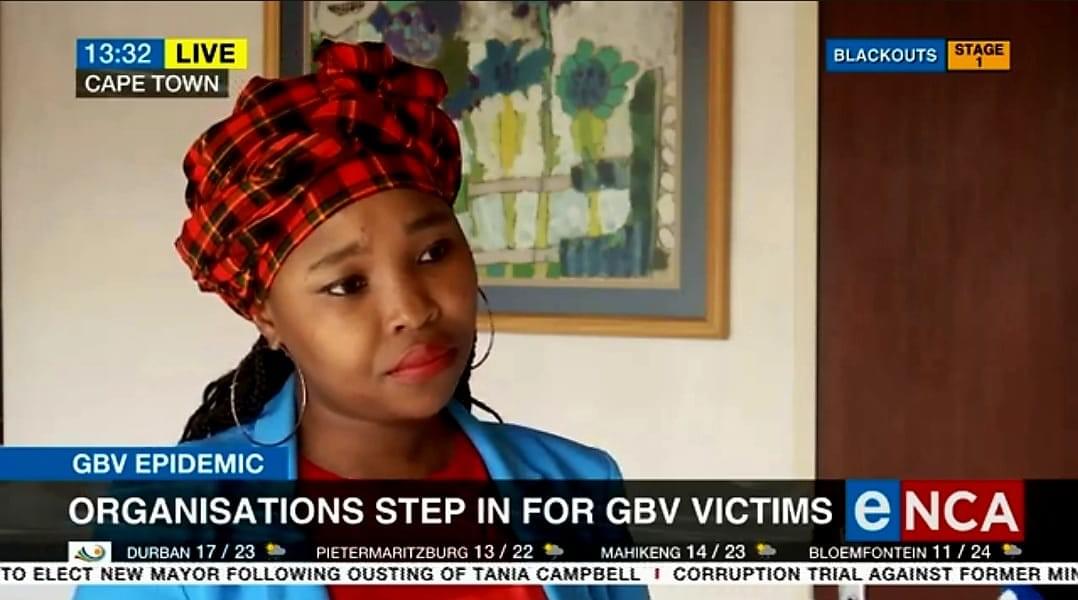
South Africa is a nation scarred by gender-based violence and Femicide (GBVF), where the stories of women whose lives were tragically stolen serve as painful reminders of the urgency to address this crisis.
I write this blog piece as a survivor, thankful to God and my ancestors that I survived. I still get the opportunity to spend time with my loved ones while I actively contribute to efforts that can help prevent and respond to the scourge of GBV in South Africa.
Each name I remember today carries the weight of injustice, heartbreak, and the desperate call for systemic change.
The following young women and many others did not make it and today I want to honor five women whose stories shook our nation and demand that we never forget them: Uyinene Mrwetyana, Karabo Mokoena, Tshegofatso Pule, Anene Booysen, and Hannah Cornelius. Their lives were stolen, their potential erased, and their stories haunt us as we fight for a safer future for all women in South Africa.
Uyinene Mrwetyana: A National Wake-Up Call
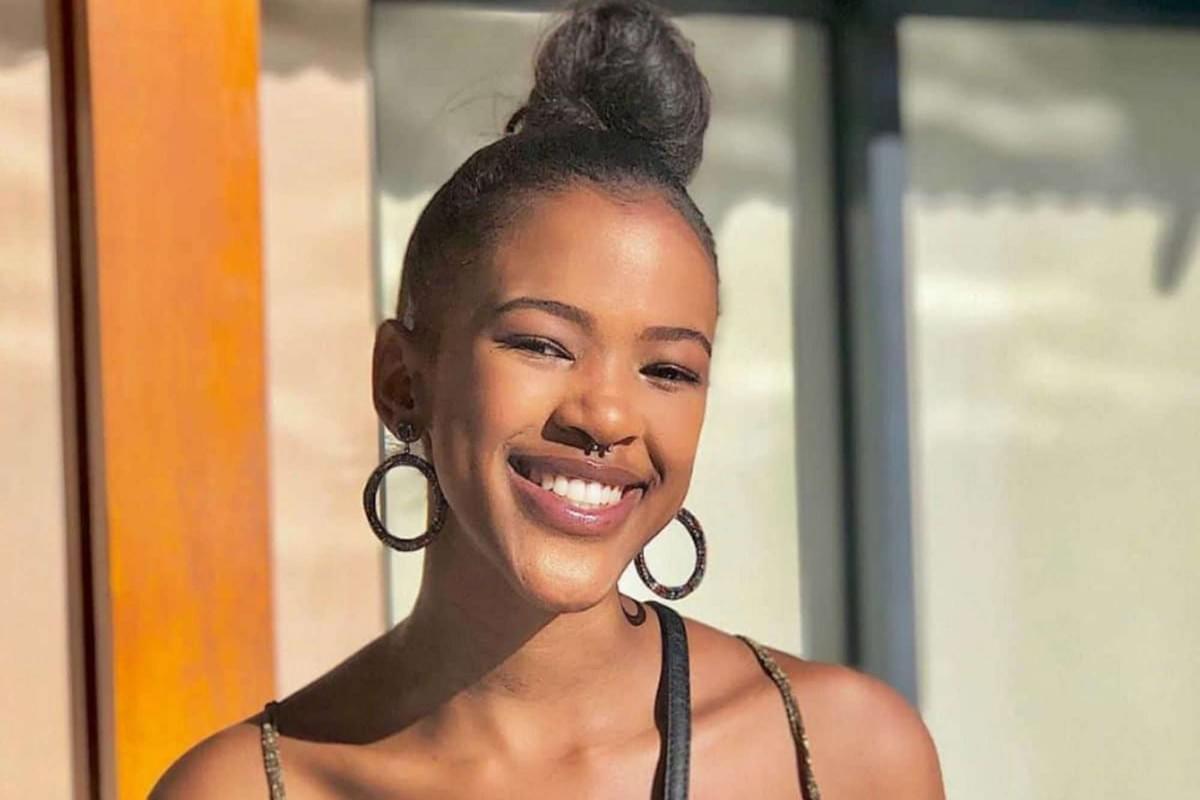
In August 2019, Uyinene Mrwetyana’s bright future was cut short in an act of violence that shook South Africa to its core. Uyinene, a 19-year-old University of Cape Town student, was a vibrant, intelligent young woman with dreams and aspirations.
She had her entire life ahead of her. On a seemingly ordinary day, she went to the Clareinch Post Office in Claremont to collect a package, a task so routine it should have been uneventful. Instead, it became the setting for unimaginable horror.
Luyanda Botha, a 42-year-old post office employee, exploited his position of trust to lure Uyinene into the building, claiming he could assist her. Inside, he subjected her to a brutal assault, raping and then murdering her. He tried to hide his crime by burning her body and later joined the search for Uyinene, feigning concern while knowing the truth of what he had done. The sheer cruelty and betrayal of his actions are unbearable to comprehend.
The days leading up to the discovery of Uyinene’s body were agonizing. Social media was flooded with posts pleading for her safe return, communities rallied together, and a nation held its breath. But when the devastating truth came to light, it was as if the collective heart of South Africa shattered.
Her death became a rallying cry, igniting the #AmINext movement and forcing the country to confront the pervasive violence against women. Yet, the question lingers: why must women’s lives be stolen for us to take notice?
Karabo Mokoena: A Bright Light Extinguished
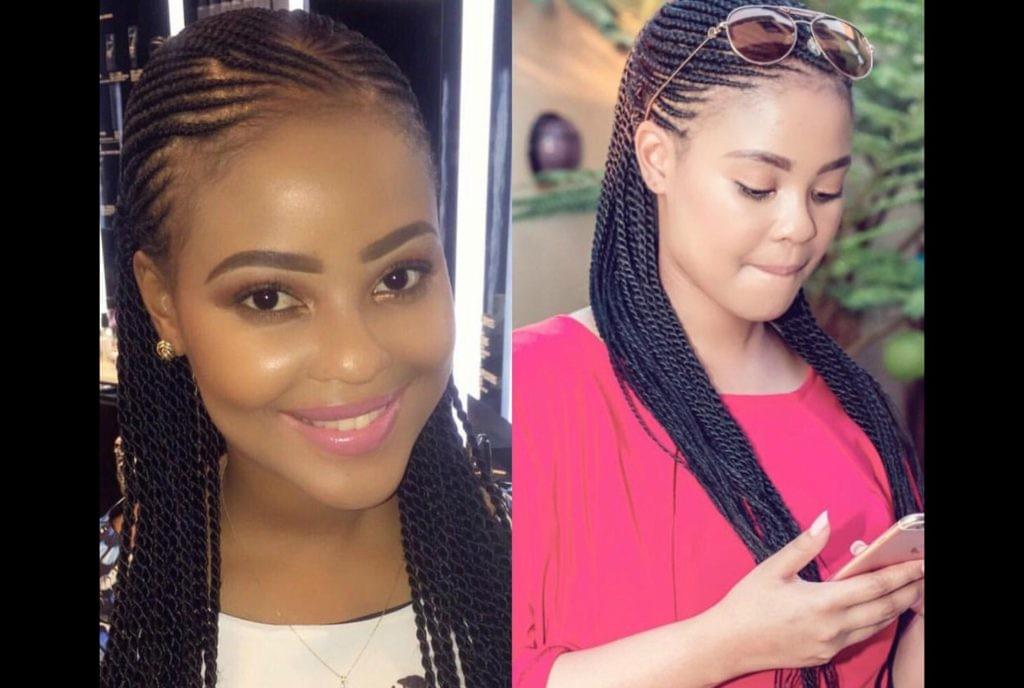
Two years before Uyinene’s murder, South Africa mourned another young woman whose life was stolen by intimate partner violence. In 2017, Karabo Mokoena, a 22-year-old with a radiant smile and boundless dreams, was brutally murdered by her boyfriend, Sandile Mantsoe. Karabo had sought to leave an abusive relationship, but like many women in similar situations, her attempts to escape were met with violence.
Sandile killed her in cold blood, burned her body, and then joined the search efforts for her, pretending to be a distraught partner. His ability to feign innocence, to weaponize the trust and grief of those around him, was both chilling and emblematic of the deceit many perpetrators employ.
Karabo’s murder exposed the dangers women face even in their closest relationships and highlighted the societal tendency to question the victim rather than hold the perpetrator accountable.
In the aftermath of her death, many asked: Why didn’t she leave sooner? Why was she in the relationship? These questions reflect the pervasive victim-blaming culture that makes it harder for women to speak out. Karabo’s story is a tragic reminder that the focus must always remain on the actions of the perpetrator, not the choices of the victim.
Tshegofatso Pule: A Double Loss

In June 2020, South Africa was rocked by the murder of Tshegofatso Pule, a young woman whose life ended in an act of unspeakable cruelty. Tshegofatso was eight months pregnant when she was lured to her death by Muzikayise Malephane, an accomplice of her boyfriend.
Her body was found hanging from a tree in Durban Deep, Roodepoort, a grim symbol of the violence she endured.
Tshegofatso’s murder was particularly devastating because it represented a double loss—the life of a vibrant young woman and the unborn child she carried. Her death underscored the dangers faced by women in intimate relationships and the lengths to which perpetrators will go to conceal their crimes.
It also revealed the broader societal failure to protect women and the unborn from acts of violence.
As the nation mourned Tshegofatso, her story became a rallying cry for justice and accountability. Her murder was a stark reminder that GBV does not exist in isolation—it is deeply rooted in patriarchal systems that enable violence and perpetuate a culture of silence.
Anene Booysen: A Child’s Innocence Stolen
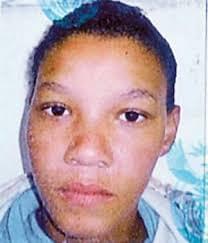
Before Uyinene, Karabo, and Tshegofatso, there was Anene Booysen. In 2013, Anene’s brutal gang rape and murder in Bredasdorp sent shockwaves across South Africa. She was just 17 years old, a teenager with dreams and aspirations.
After being gang-raped and mutilated, she was left for dead near a construction site. She managed to identify one of her attackers before succumbing to her injuries, a testament to her courage and will to seek justice even in her final moments.
Anene’s case exposed the deep-seated misogyny and violence that young girls and women face in South Africa. Her death prompted national outrage, yet it also highlighted the pervasive culture of impunity that allows such crimes to continue.
Twelve years later, her story remains a painful reminder of how far we have to go in protecting the most vulnerable in our society.
Hannah Cornelius: Hijacked and Murdered

In 2017, Stellenbosch student Hannah Cornelius and her friend were hijacked in a crime that ended in unimaginable violence.
The hijacking escalated into a brutal attack, culminating in Hannah’s murder. Her story is one of countless others that show how women in South Africa are often targeted in everyday situations—on their way to work, school, or simply trying to live their lives.
Hannah’s death, like so many others, serves as a grim reminder that GBV is not confined to certain spaces or relationships. It exists everywhere, fueled by a justice system that often fails to hold perpetrators accountable and a society that does not do enough to protect women.
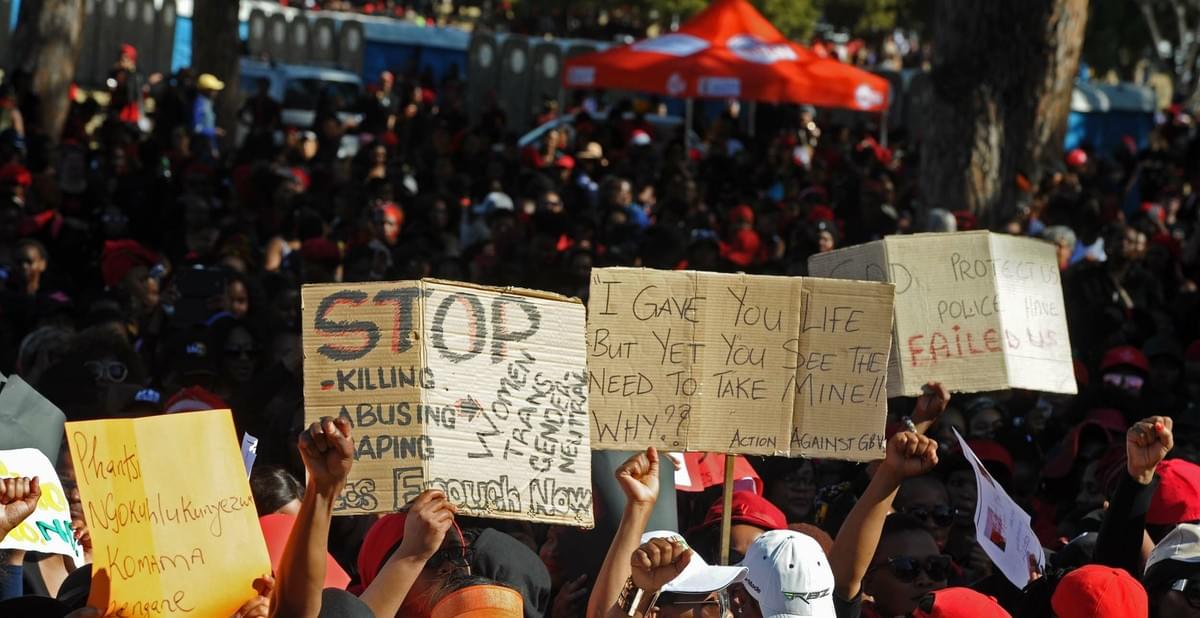
South Africa’s GBV crisis is a national emergency. According to SAPS data, over 53,000 sexual offenses were reported in the 2022/2023 financial year, and more than 1,000 women were murdered during the same period.
These statistics are more than just numbers; they represent lives stolen, families shattered, and communities left to grapple with loss and trauma. And they are only a fraction of the true scale of the crisis, as many cases go unreported due to fear, stigma, or a lack of faith in the justice system.
We must also confront the backlash victims often face. Uyinene’s death led some to question why she went to the post office alone. Karabo’s choices were scrutinized. Tshegofatso’s murder prompted questions about her relationship.
These narratives perpetuate a culture of victim-blaming, silencing survivors and reinforcing their trauma.
These statestics also compel us to ask: what happens to a nation where half its population lives in fear? What potential is lost when women are denied safety, dignity, and the chance to thrive?
I want to encourage all of us today, to let the stories of Uyinene, Karabo, Tshegofatso, Anene, and Hannah fuel our collective determination to end GBV. We owe it to them—and to every woman and girl in South Africa—to fight for justice, accountability, and systemic change.
The legacies of these women are calls to action, and we must answer them. For them. For ourselves. For a future free of violence.

